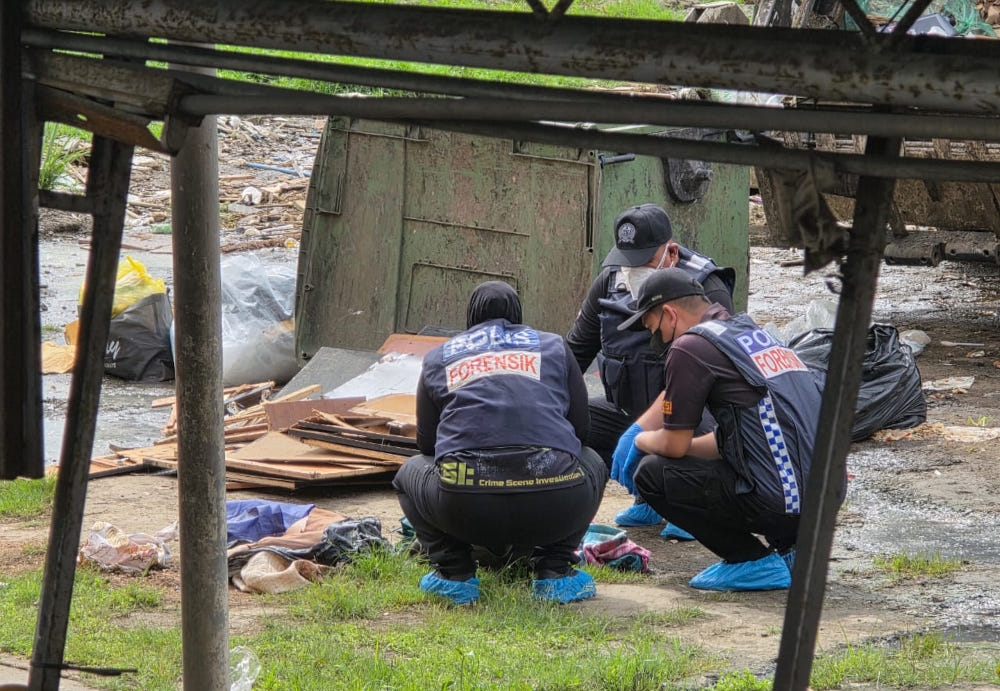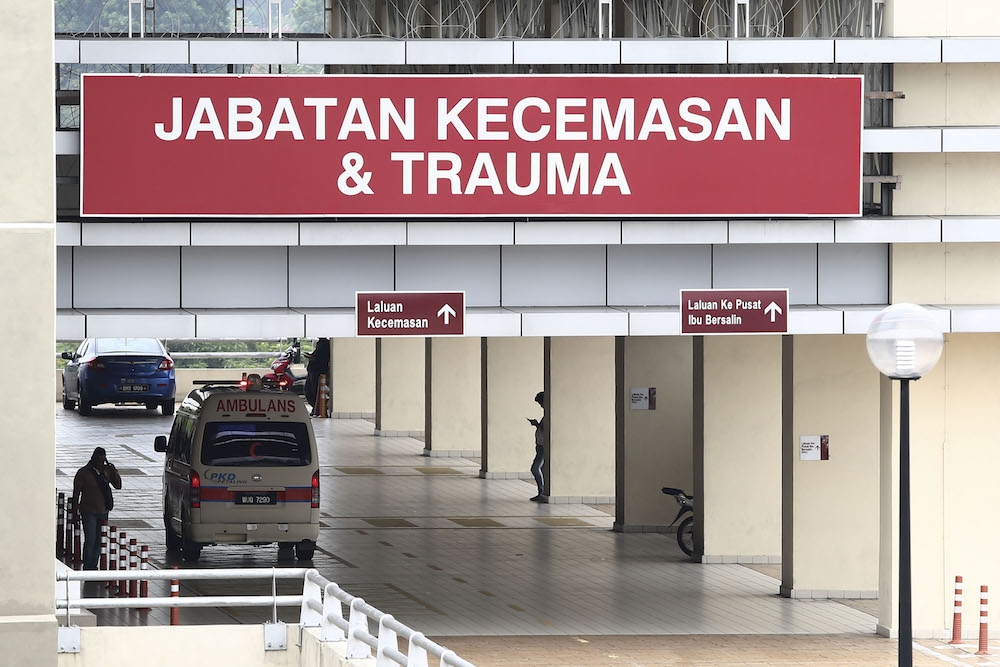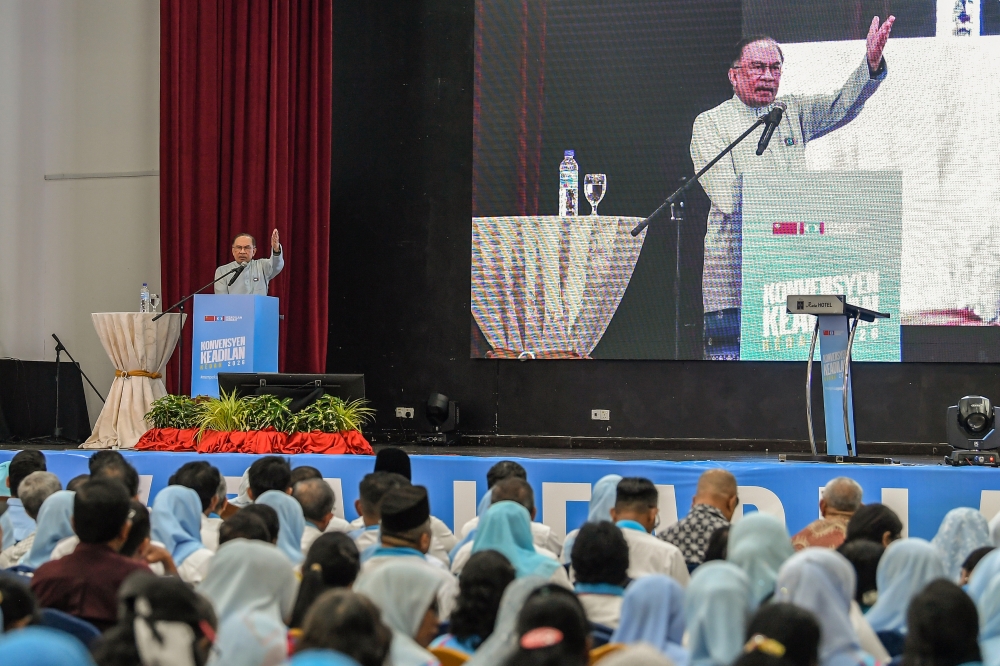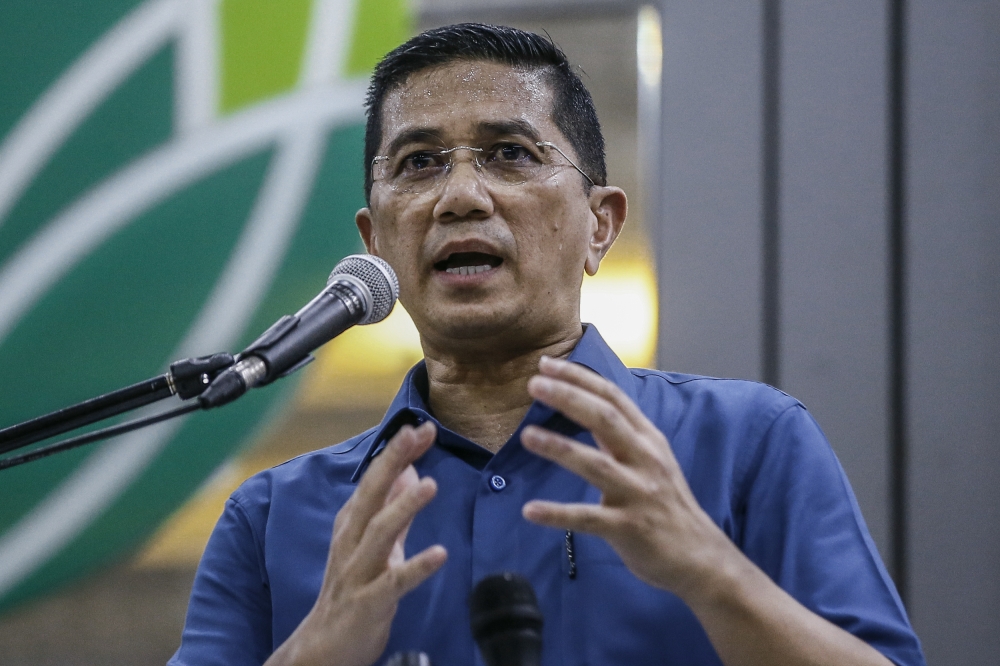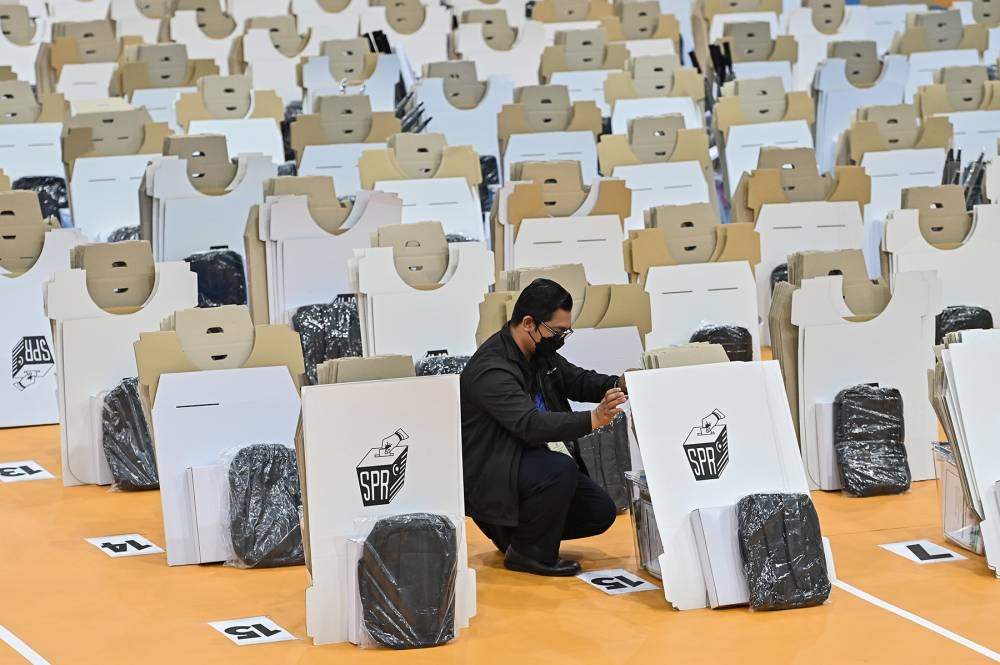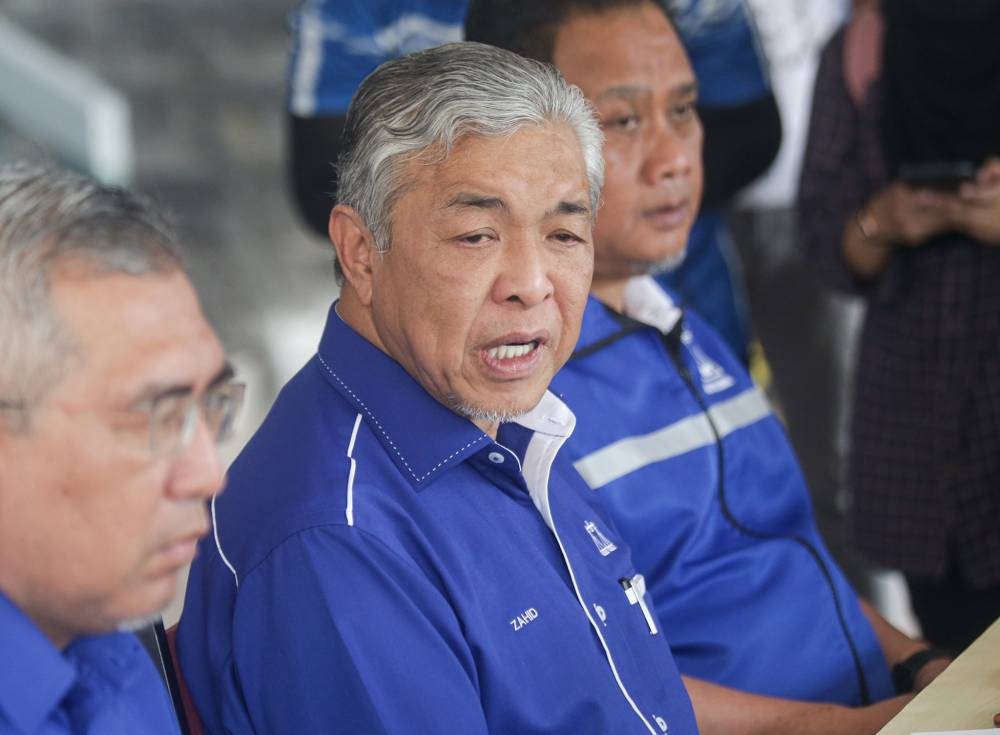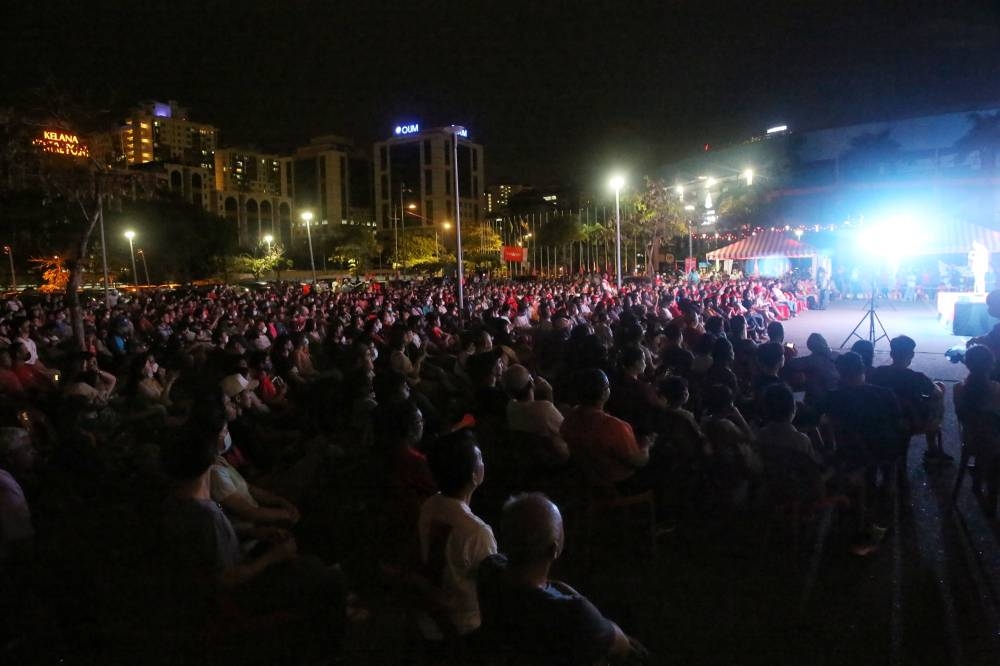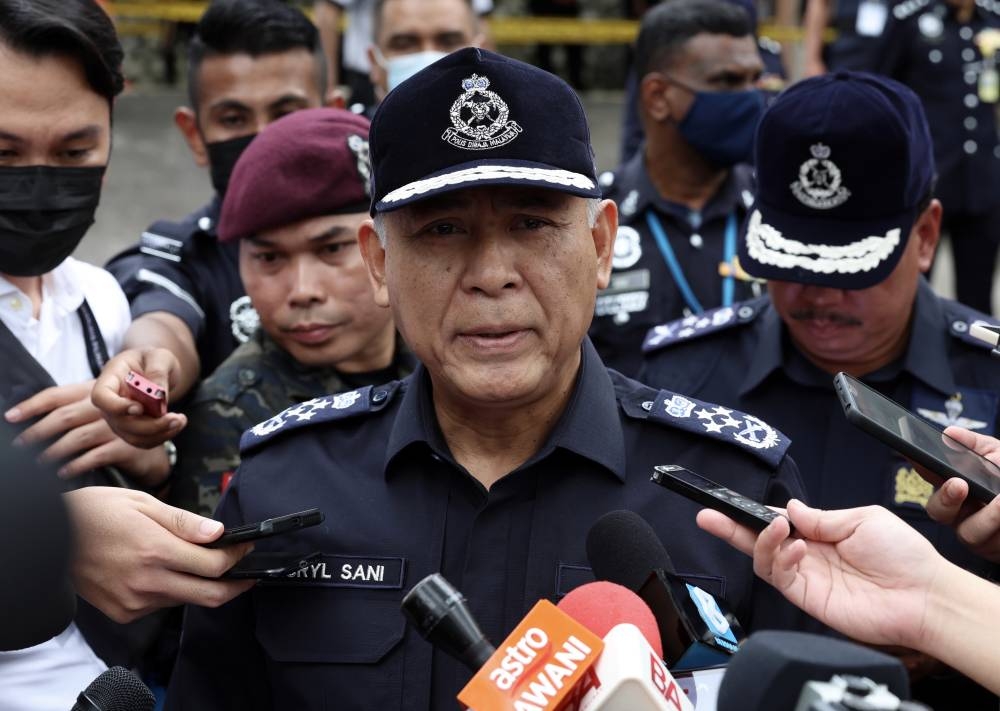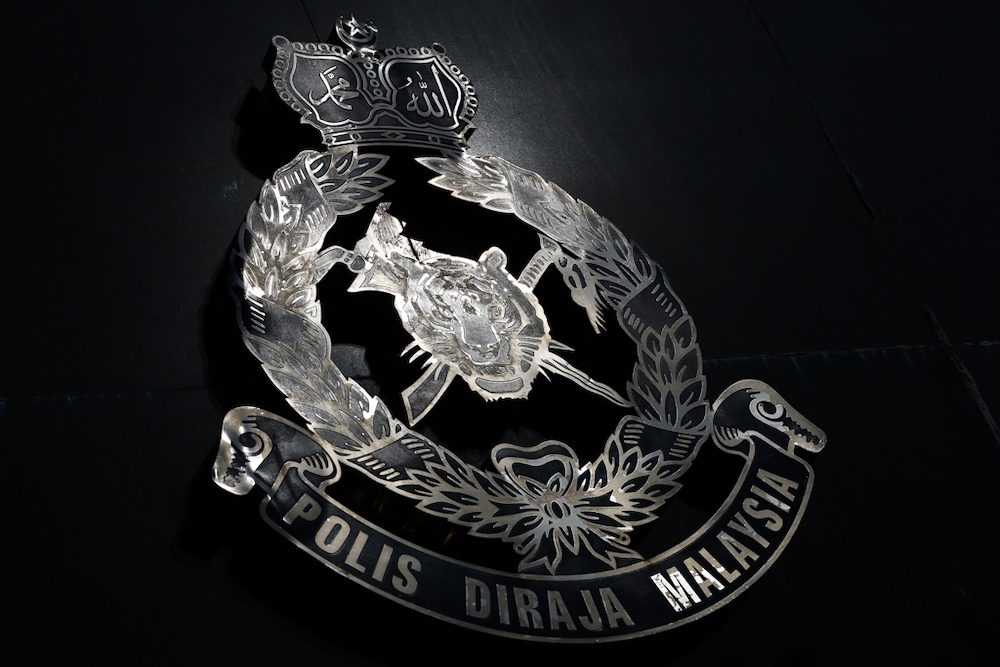KUALA LUMPUR, Nov 19 — Malaysians will vote in a 15th general election today where they will have an unprecedented choice of three major contenders and an even more extraordinary scenario in which none will likely get to form the next government on its own.
Barisan Nasional’s dominance is all but history. Unlike past general elections, it now has two realistic challengers in the form of Pakatan Harapan and Perikatan Nasional, all vying for the crucial 112 parliamentary seats needed for a simple majority.
There are also concerns that voter turnout would be lower than the 14th general election, even if the constitutional amendment that lowered the voting age from 21 to 18 added roughly seven million new ballots.
Close to 30 per cent of these new voters are under 30. Those aged 18 to 21 account for about 1.4 million votes. But the group has left pundits struggling to predict if and how these first-timers would cast their votes.
Doubts have also been raised about the political literacy of these young voters, yet by sheer size alone meant these wildcards could easily sway the polls’ outcome.
Still, a survey held by consultancy Vase.ai indicated that 80 per cent of them are eager to go to the polls, a surprise finding amid talks that widespread political fatigue could deter people from turning up at the voting centres.
If true, this would be good news for PH whose leaders argue that a higher turnout often translates to more support for the PKR-DAP-Amanah-Upko bloc. Several polls, including by the independent Merdeka Center, have tipped PH to win the most seats, although the majority will likely be those from PH strongholds.
The real surprise from these surveys would be voters’ response to PN’s campaign so far. Some of the findings suggest a swing in conservative Malay votes towards the pact comprising Parti Pribumi Bersatu Malaysia, PAS, and Gerakan is likely.
This has fuelled speculation that PN could end up going neck-to-neck with archrivals BN despite the many predictions that voters would punish the Bersatu-led bloc for masterminding the “Sheraton Move” in 2020 that plunged the country into political crisis.
Instead, conservative Malay voters, who were BN’s traditional powerbase, now view PN as a viable Malay-Muslim alternative to the corruption-tainted Umno, BN’s lynchpin.
In Sabah and Sarawak things are just as hazy. There are talks that the numerous parties there are mulling the formation of a Borneo bloc, but pundits are sceptical it could work considering the messy dynamics that have come to characterise the state of affairs there.
But as the possibility of a hung parliament looks increasingly likely, the outcome in Borneo will be closely watched. Holding a third of seats in Parliament, political coalitions of the peninsula will have to look for the support of winning parties in Sabah and Sarawak.
That could be tough, however, considering the anti-peninsula sentiment is strong there. All this will mean Malaysians must brace for more volatility, ironic considering this general election was rushed into on the back of pledges for political “stability.”





